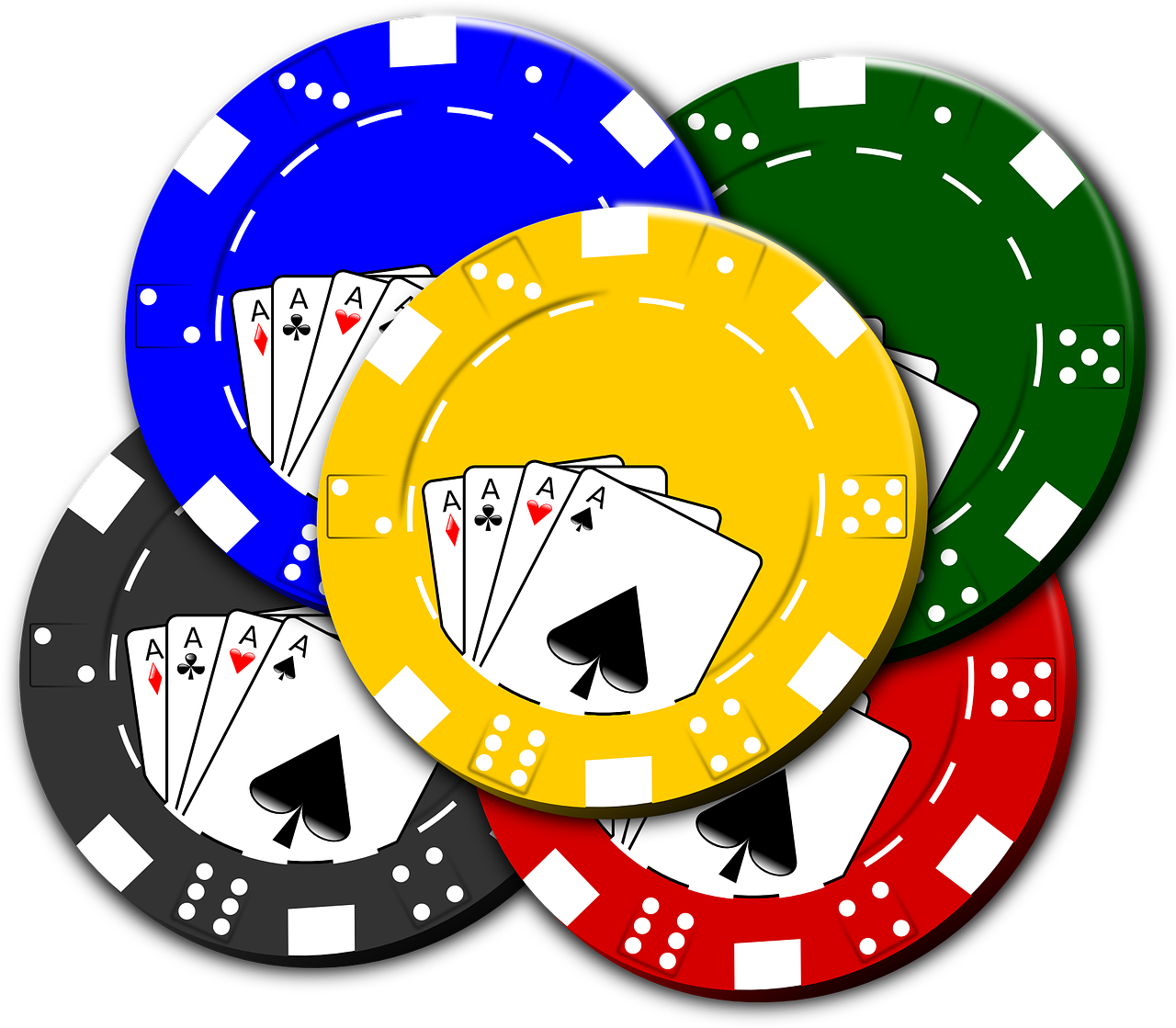No one ever said that poker was easy. It’s a game that takes a lot of skill and practice to truly master. As any poker enthusiast knows, the game is as much about psychology and bluffing as it is about cards. You can use various tactics to intimidate or mislead your opponents, making them think you hold a better hand than you do.
Here are 13 tips to help improve your poker skills and impress your opponents.

1. Get to know the basics of poker strategy.
If you’re new to poker, it’s important to learn the basics of poker strategy. This will give you a foundation on which to build more advanced skills. Many resources or a poker cheat sheet are available online and in books that can help you learn poker strategies.
2. Pay attention to your opponents’ tells.
One way to get an edge on your opponents is to pay attention to their tells. These are small clues that they may give about what cards they are holding. By paying attention to these clues, you can often improve your chances of winning a hand.
3. Bluff when the situation calls for it.
Bluffing is an important part of poker and should be used sparingly. You don’t want to become known as a buffer, or your opponents will start to catch on, and you’ll lose the element of surprise. However, there are times when bluffing can be very effective. It may be worth trying a bluff if you have a weak hand but think your opponents will fold if you bet big.
4. Don’t be afraid to fold.
Folding is often underrated in poker, but it’s one of the most important things you can do. There’s no shame in folding if you know you’re beat. It’s often the smart thing to do. By folding more often, you’ll save money and stay in the game longer, giving you a better chance of winning overall.
5. Know when to hold ’em and know when to fold ’em.
Country music legend Kenny Rogers famously sings this poker advice, but it’s also sage advice for poker players. You need to read your opponents and know when you have a good chance of winning and when you don’t. If you’re unsure, err on the side of caution and fold.

6. Keep your poker face on.
One of the most important things in poker is being able to keep a poker face. This means not giving away any tells about what cards you are holding. If your opponents can read you like a book, they’ll have a big advantage over you. Practice in front of a mirror or with friends so you can learn to keep a poker face.
7. Don’t play every hand.
One mistake that many poker players make is playing every hand. This is a sure way to lose money. It would help if you only played hands to have a good chance of winning. If you’re dealt a bad hand, it’s often best to fold and wait for the next.
8. Raise when you have a good hand.
Another important poker tip is to raise when you have a good hand. This will help you win more money when you do hit your hand. It also makes it less likely that your opponents will call your bluff if you try to bluff them later.
9. Be aggressive when you’re ahead.
You should be aggressive and bet or raise if you have a good hand. This will pressure your opponents and make them more likely to fold. It will also help you win more money when you hit your hand.
10. Play your position.
Your position at the poker table is one of the most important factors in determining how you should play your hand. If you’re in a late position, you have more information than the other players and can make better decisions. If you’re in an early position, you should be more cautious as you don’t have as much information.

11. Slow down when you’re behind.
When you have a weak hand, it’s often best to check or call instead of betting or raising. Doing this will save money and give you a better chance of winning the pot when someone else does hit their hand.
12. Don’t get emotional.
Poker is a game of logic and strategy, not emotions. Getting emotional can cloud your judgment and lead to bad decisions. If you feel angry or upset, take a break from the game to calm down.
13. Manage your bankroll.
One of the most important poker tips is to manage your bankroll properly. This means not risking more money than you can afford to lose. Only play with money you’re comfortable losing, and always set aside some money for your poker-playing expenses, such as buying chips, travel, etc.
Poker is a challenging game that takes skill, practice, and a lot of psychological insight to master. It’s important to remember that you’re not going to win every hand or every session. Don’t get too caught up in the results, and enjoy the game.
If you’re looking to up your poker game. First and foremost, practice makes perfect! Play as often as you can and learn from your mistakes. Second, watch other players and try to pick up on their techniques. And finally, consider the strategies outlined in this article and put them into practice.
If you’re looking for a place to practice and hone your skills, sign up today with GGPoker, the world’s largest poker room!